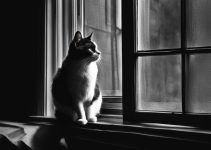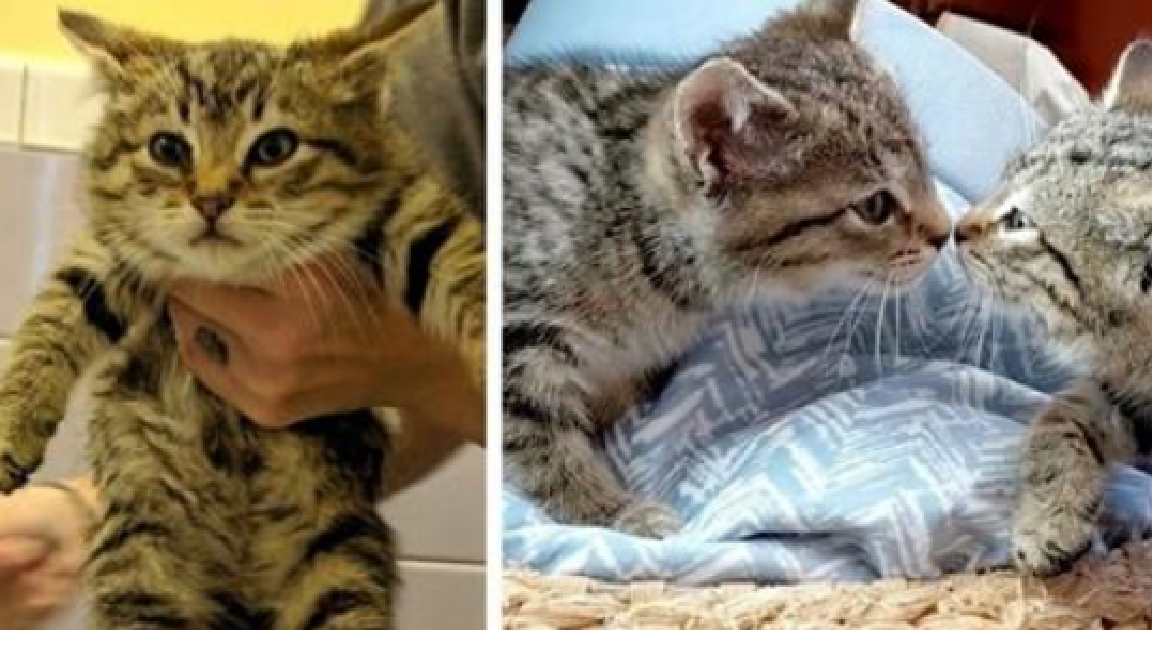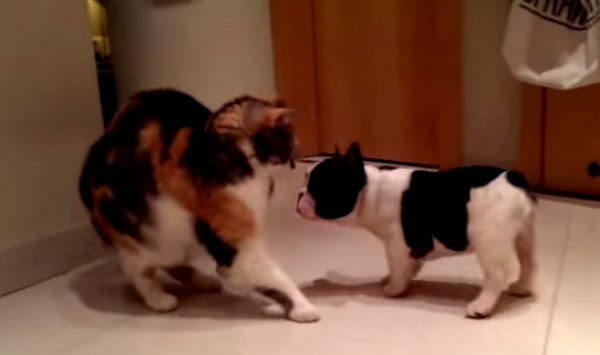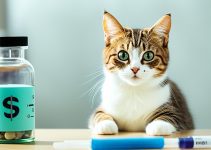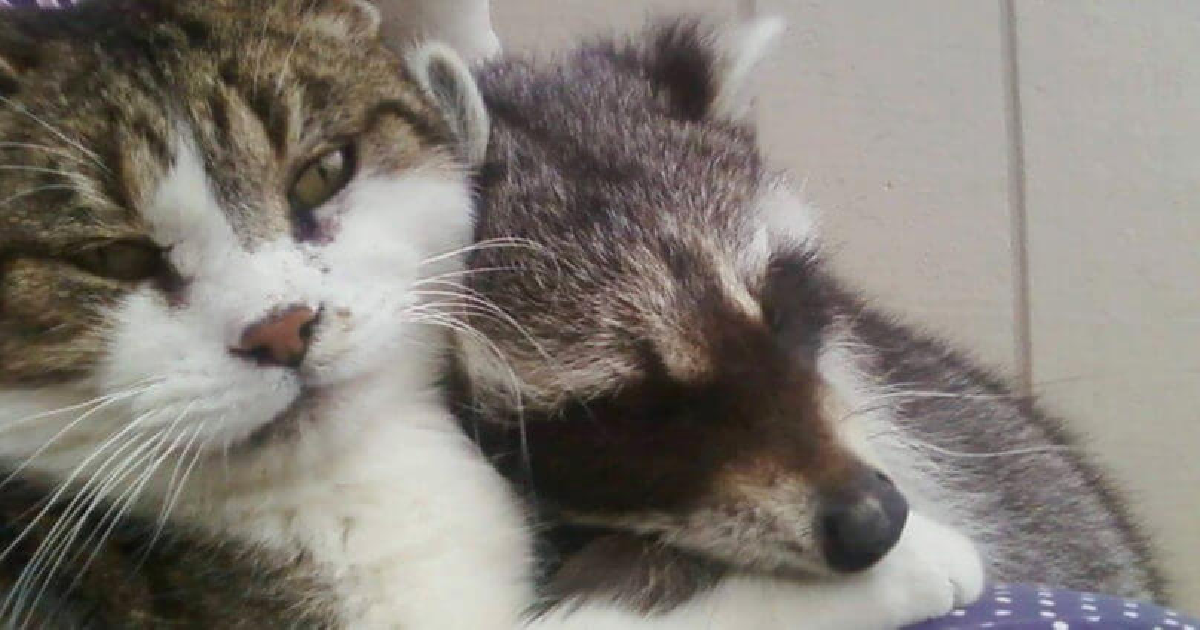Giving our pets a treat can be a bonding experience, but it’s crucial to ensure that those treats are safe and suitable for their health. As a responsible pet owner and a cat lover, I often find myself wondering if certain human foods are safe for my furry friend. One particular snack that comes to mind is popcorn.
Cats are carnivorous animals, and their bodies have specific dietary needs. So, can cats eat popcorn? Let’s delve into this topic and explore the safety of feeding popcorn to our feline companions.
Can Cats Eat Popcorn? Yes, they can, but is best to avoid them.
- Plain popcorn is not toxic to cats but provides limited nutritional value for them as obligate carnivores.
- Popcorn additives like salt, butter, and flavored toppings can be high in calories and fat, posing potential health risks.
- Certain ingredients commonly found in popcorn, such as chocolate, are toxic to cats and should be avoided.
- Popcorn kernels can be a choking hazard for cats due to their small size.
- Feeding small amounts of plain popcorn without harmful additives is generally safe, but portion sizes should be monitored.
Is Popcorn Safe for Cats?
Popcorn itself is not toxic to cats and is unlikely to cause harm in small amounts. However, it does not provide nutritional benefits for cats, who require meat-based proteins as obligate carnivores.
While plain popcorn may seem like a harmless treat, harmful additives commonly found in popcorn, such as salt, butter, and flavored toppings, should be avoided when feeding it to cats. These additives can be high in calories, fat, and sodium, which can negatively impact a cat’s health.
In addition to the additives, popcorn kernels can pose a choking hazard for cats due to their small size and hard texture. Cats may be tempted to chew on the kernels, which can lead to choking or even dental damage.
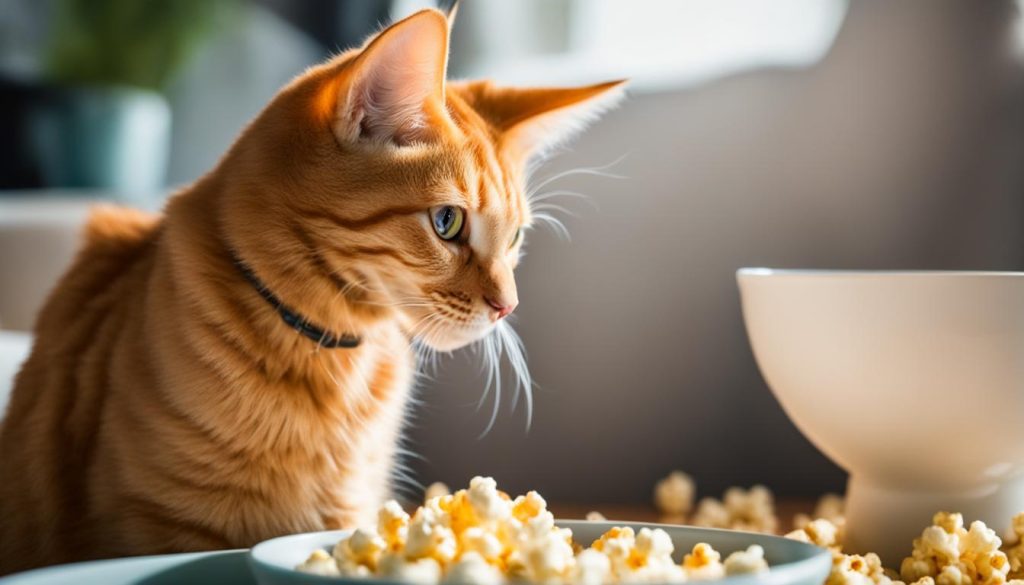
While popcorn is generally safe when fed in moderation, it’s important to be cautious and ensure the popcorn is free of harmful additives. Instead of popcorn, it is recommended to provide cats with treats that are specifically formulated for their nutritional needs.
Potential Risks of Feeding Popcorn to Cats
Feeding large amounts of popcorn or popcorn with flavored additives to cats can pose several risks and potential health concerns. While popcorn itself is not toxic to cats, certain factors can make it problematic for our feline friends.
Gastrointestinal Upset and Illness
When cats consume excessive amounts of popcorn, it can lead to gastrointestinal upset, including symptoms like vomiting, diarrhea, and stomach discomfort. The high fiber content in popcorn can be difficult for cats to digest, causing digestive disturbances and discomfort.
Potential Choking Hazards
Popcorn kernels pose a choking hazard to cats, especially small and fragile kittens. Due to their size and shape, popcorn kernels can easily get lodged in a cat’s throat, leading to choking and potentially life-threatening situations. Always be cautious and avoid giving whole popcorn kernels to your cat.
Possible Aspiration and Intestinal Obstruction
Cats may inhale a popcorn kernel while eating or accidentally consume enough popcorn to cause an intestinal obstruction. Although these situations are rare under normal supervised circumstances, they can be dangerous and require immediate veterinary attention. It’s essential to monitor your cat while they enjoy popcorn and ensure they’re not inhaling or ingesting kernels.
While plain popcorn in small amounts is unlikely to harm cats, feeding large amounts or popcorn with flavored additives can lead to gastrointestinal upset, potential choking hazards, and other health complications. To minimize risks, always give popcorn to your cat in small portions and free of any toxic ingredients. It’s crucial to prioritize your cat’s well-being and make informed choices when it comes to their diet and treats.
What to Do If Your Cat Eats Popcorn
If your cat happens to nibble on a small amount of plain popcorn, there’s no need to panic. The most common side effects of this accidental snack are vomiting and diarrhea. These symptoms occur because popcorn is not easily digestible for cats, and their sensitive stomachs may react to it.
However, if the popcorn your cat ate is flavored or if you notice any signs of illness such as vomiting, diarrhea, lethargy, decreased appetite, or coughing after your cat consumes popcorn, it’s important to take action. Contacting a veterinarian for guidance is advisable in such cases.
A veterinarian can evaluate the situation and determine if any of the ingredients in the popcorn are likely to cause health problems for your cat. They might recommend a course of action or suggest monitoring your cat’s behavior for any further complications.
In the meantime, it’s crucial to keep an eye on your cat for any changes in behavior or symptoms that may persist. Providing your cat with fresh water and observing their eating habits can help you assess their condition and inform the veterinarian if necessary.
Remember, early intervention and professional advice will ensure the well-being and prompt recovery of your feline friend if they have consumed popcorn that doesn’t agree with them.
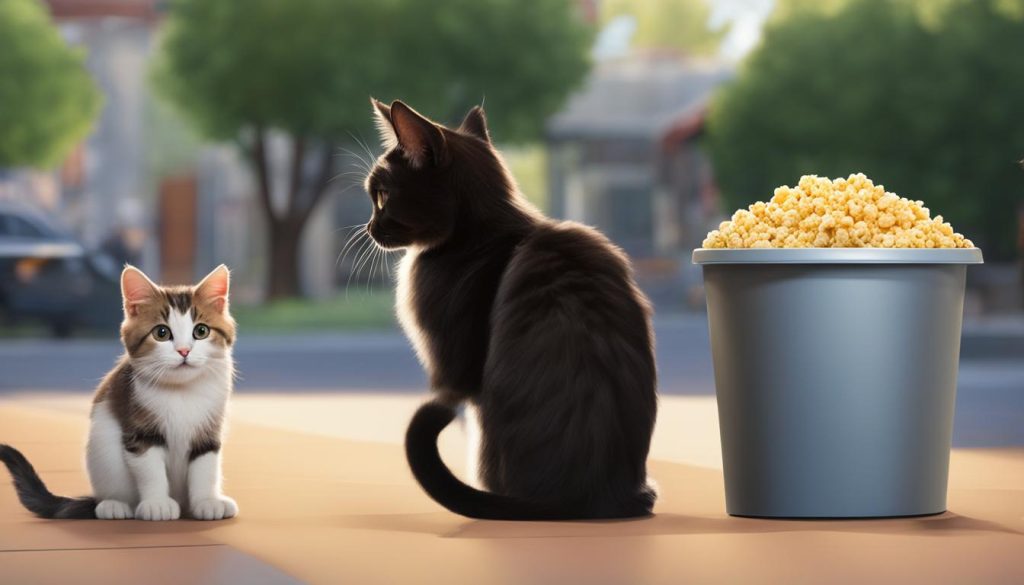
Cat-Safe Alternatives to Popcorn
Instead of feeding popcorn to your cat, there are several cat-safe alternatives and healthy treats you can offer. Cooked, plain meats such as turkey, chicken, ham, beef, and fish like tuna or salmon make nutritious snack options. Some fruits and vegetables that are safe for cats to consume in moderation include bananas, blueberries, apples, strawberries, pineapple, watermelon, cooked plain eggs, broccoli, peas, and sweet potatoes.
Conclusion
While plain popcorn is not toxic to cats, it doesn’t offer any nutritional benefits and can pose risks if flavored or mixed with harmful additives. Feeding small amounts of plain popcorn to cats should generally be fine, but it’s essential to monitor portion sizes, avoid toxic ingredients, and be aware of potential choking hazards.
When it comes to treats, it’s best to choose cat-friendly alternatives that provide more nutritional value. Cooked, plain meats such as turkey, chicken, ham, beef, and fish like tuna or salmon make nutritious snack options. Fruits and vegetables like bananas, blueberries, apples, strawberries, pineapple, watermelon, broccoli, peas, and sweet potatoes are also safe for cats to consume in moderation.
Always consult with your veterinarian before introducing new foods to your cat’s diet and prioritize their overall health and well-being. Your vet can provide personalized advice and recommendations based on your cat’s specific needs. Remember, keeping your cat’s diet balanced and nutritious is key to their long-term health and happiness.
FAQ
Can cats eat popcorn?
Popcorn itself is not toxic to cats and is unlikely to cause harm in small amounts. However, it does not provide nutritional benefits for cats, who require meat-based proteins as obligate carnivores. Harmful additives commonly found in popcorn, such as salt, butter, and flavored toppings, should be avoided. Popcorn kernels can also pose a choking hazard for cats due to their size. While popcorn is generally safe when fed in moderation, it’s important to be cautious and ensure the popcorn is free of harmful additives.
Is popcorn safe for cats?
While plain popcorn is not toxic to cats, it provides little nutritional benefit for them as obligate carnivores. Popcorn additives such as salt, butter, and flavored toppings can be high in calories and fat, and certain ingredients like chocolate are toxic to cats. Choking hazards are also a concern due to the size of popcorn kernels. However, in small amounts and without harmful additives, popcorn is unlikely to cause harm to cats. It’s important to monitor the portion size and ensure the popcorn is free of toxic ingredients.
What are the potential risks of feeding popcorn to cats?
Feeding large amounts of popcorn or popcorn with flavored additives to cats can lead to gastrointestinal upset, illness, and potential choking hazards. Cats may also aspirate (inhale) a popcorn kernel or ingest enough to cause an intestinal obstruction, although this is rare under normal supervised circumstances. Popcorn should always be given in small portions and free of toxic ingredients to minimize the risk of harm to cats.
What should I do if my cat eats popcorn?
If your cat consumes a small amount of plain popcorn, the most common side effects are vomiting and diarrhea. However, if the popcorn is flavored or your cat shows signs of illness such as vomiting, diarrhea, lethargy, decreased appetite, or coughing after eating popcorn, it’s advisable to contact a veterinarian for guidance. They can evaluate the situation and determine if any of the ingredients in the popcorn are likely to cause problems for your cat.
What are cat-safe alternatives to popcorn?
Instead of feeding popcorn to your cat, there are several cat-safe alternatives and healthy treats you can offer. Cooked, plain meats such as turkey, chicken, ham, beef, and fish like tuna or salmon make nutritious snack options. Some fruits and vegetables that are safe for cats to consume in moderation include bananas, blueberries, apples, strawberries, pineapple, watermelon, cooked plain eggs, broccoli, peas, and sweet potatoes. Before introducing a new treat to your cat’s diet, always consult with your veterinarian and keep portion sizes small, especially for first-time introductions.
What is the conclusion about feeding popcorn to cats?
While plain popcorn is not toxic to cats, it doesn’t offer any nutritional benefits and can pose risks if flavored or mixed with harmful additives. Feeding small amounts of plain popcorn to cats should generally be fine, but it’s essential to monitor portion sizes, avoid toxic ingredients, and be aware of potential choking hazards. When it comes to treats, it’s best to choose cat-friendly alternatives that provide more nutritional value. Always consult with your veterinarian before introducing new foods to your cat’s diet and prioritize their overall health and well-being.

